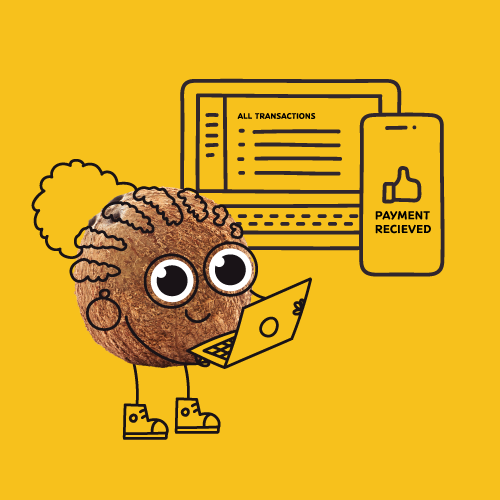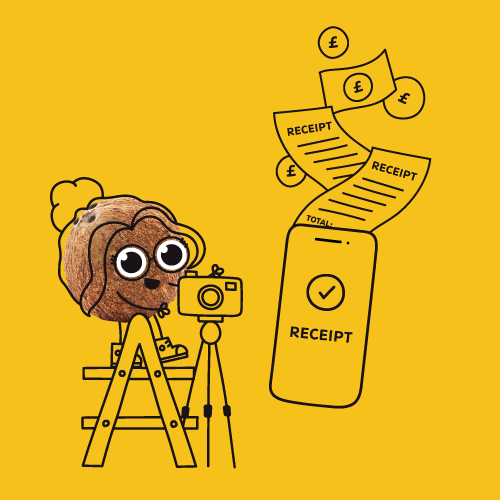Let’s be honest, few of us like to buy “one-size-fits-all”. It involves risk, certainly when it comes to clothing, whether it’s a T-shirt, any type of hat or a pair of gloves, because buying “one-size-fits-all” means you usually end up with something that’s either too big or too small, whether slightly or massively.
Seldom does buying “one-size-fits-all” mean that you end up with something that’s just right, because it inevitably involves compromise. You don’t get exactly what you want, you get something that will do, usually because it’s cheap(er).That’s OK, to an extent, but given the choice, most of us would buy the right size.
In reality, “one-size-fits-all” is a misleading term and concept, because nothing fits all. People are different and they have different practical needs. The term “one-size-fits-all” is used to describe other things, of course, including software, but this is equally problematic.
Big accounting software problems
Obviously, accountancy firms must ensure that their clients use accounting software that fully meets their needs. But because bigger clients bring in greater revenue, many accountants invest in more expensive, more complex accounting software that’s been created with larger SMEs in mind.
The problem is, the smallest small businesses (ie sole traders, freelancers, and contractors), as well as small private landlord clients, simply don’t need the added “bells and whistles” that come with more expensive accounting software. And the added complexity is quite scary. You’re also likely to have to provide accounting software training to your clients during their onboarding and be on call to answer queries when they run into problems. Both impact your time and profitability.
As with most things in life, it pays to keep it simple. Small-business owners are notoriously time-poor; they want accounting software that’s as quick and easy to use as possible, ideally with built in time- and money-saving features that take away much of the pain. They don’t want to spend any more time than is strictly necessary when it comes to accounting. Ideally, they want to do as little as possible, as quickly as possible.
Ready made accounting software solution
Many accountants need to get away from believing that “one-size-fits-all” is the right way to approach their client accounting software needs. Clearly, it isn’t. It’s better to use a couple of software options that are each tailored to specific client segments. So, although you may retain your current software for bigger clients with more complex needs, which software is best for your sole trader, freelance, ordinary business partnership and small-landlord clients? The answer is Coconut, but why?
Well, cost is one very good reason – for you and your clients. Coconut could offer you significant cost savings. Accountants can create a free partner account, if their sole trader/small landlord clients sign up to a subscription.
Why do users love Coconut?
Why might your sole trader, freelancer and landlord clients be glad that you got them using Coconut? Well, it’s an accounting app that’s really easy to use. In fact, it was developed especially for them, so it’s perfectly suited to their practical needs.
● Coconut can be integrated with more than 30 UK bank and credit card accounts, so income and expense transactions are automatically recorded. This can enable users to better manage their business finances and keep their cash flow healthy, while ensuring that they minimise their tax bills by claiming all of their allowable expenses.
● Coconut also enables users to conveniently use their mobile phone to snap and store expense receipts, produce and send their own-branded invoices and know when payment is overdue.
● Because it’s so quick and simple to use, sole traders can spend less time on their financial and tax admin thanks to Coconut, especially as it’s integrated with the award-winning Self Assessment tax return software, GoSimpleTax.
Want to find out more about how Coconut can benefit you and your sole trader, freelance, and landlords clients? Book a call with our team today. You can also enjoy a FREE trial to find out why so many accountants and their clients love Coconut.











